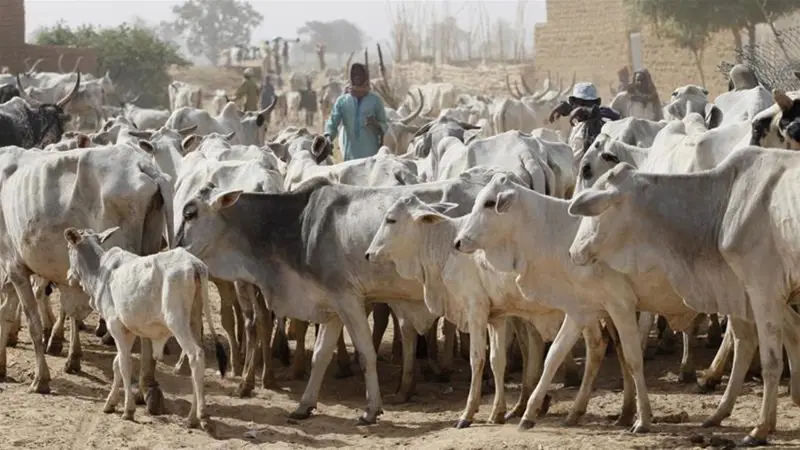Southern farmers have reported a notable decrease in violent clashes with herders, a development they attribute to collaborative efforts and shifts in government support.
For years, the conflicts, fueled by competition over land and water, led to loss of lives and livelihoods in southern states and the Middle Belt.
Farmers across Oyo, Ogun, Ondo, Ekiti, Benue, and other states described the improvement as a result of increased dialogue, proactive measures by security agencies, and a change in government policies.
Speaking to PUNCH, Segun Dasaolu, President of the South-West Commodity Farmers Organisation, highlighted the importance of a Memorandum of Understanding signed with the Miyetti Allah group.
“The magic behind the reduction in the herders-farmers clash in the South-West is generally due to the strong collaboration and regular engagement we now have among the relevant stakeholders.
“We work hand in hand with the agro rangers department of the Nigeria Security and Civil Defence Corps as well as the police. Once we are notified of any infraction, we swiftly move in to ensure that things do not degenerate into avoidable crises.
“We now engage the herders regularly, we share more understanding than it was in the past. Every stakeholder, like the farmers, the herders, the security agencies, and the government have also been working in consonance with the spirit of the MoU signed with Miyetti Allah in Ibadan.
“The only challenge we have is in the area of logistics. We fund our meetings, transportation and things like that ourselves, we wish we could get more government support in those areas.”
State governments have also intensified efforts. For example, in Benue, the establishment of a state security outfit has supplemented conventional policing, leading to fewer violent incidents.
The state’s police spokesperson, Catherine Anene, emphasized the role of ongoing dialogue, while local leaders credited reduced federal backing for herders compared to past administrations.
Ekiti State has implemented similar strategies, including forming committees with farmers, herders, and traditional leaders.
According to Adebola Alagbada, the Chairman of the All Farmers Association of Nigeria in Ekiti, these efforts have significantly improved relations, although occasional challenges persist due to climate-induced migration.
In Ondo, the State Security Network, known as Amotekun, has proactively addressed disputes, ensuring compensation for farm damages and holding herders accountable.
Farmers in Edo and Enugu also praised initiatives like nighttime movement bans and identification systems for herders.










